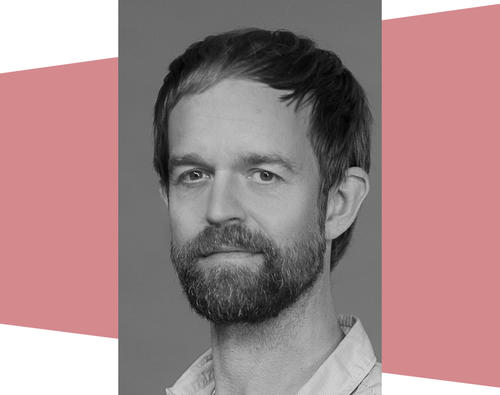Malte Hagener
Malte Hagener is Professor of Media Studies at the Philipps University of Marburg with teaching foci in history, theory and aesthetics of film. Previously, he taught at the Universities of Genova, Trieste and Milan. He was research associate at the Department for Media and Culture at the University of Amsterdam, as well as the Institutes for Media Studies in Jena and Lüneburg. Since 2011, Hagener has been the organizer of the "Bild-Kunst-Kameragespräche" and the "Marburger Kamerapreis", an award for outstanding camera work and screen design in film and television.
In his research and teaching, he engages with digital methods of film studies, film theory, aesthetics and history and is especially interested in media archaeology and the infrastructure of digital media studies. Among his latest publications are Splitscreen. Das geteilte Bild als symbolische Form (Bertz + Fischer, 2023) and the co-published issues How Film Histories Were Made. Materials, Methods, Discourses (Amsterdam University Press, 2023) and Handbuch Filmanalyse (Springer, 2020).
Three Quick Questions:
In a few words, can you tell us about your current research interest?
I am currently working on two projects. On the one hand, I am finishing a book on splitscreen in the cinema which is especially interested in how films reflect on new and transforming media affordances (telecommunication, mobility, realtime feedback, modularity). On the other hand, I am interested in how digital methods are reshaping our discipline, a challenge that I find very important for the future development of the humanities. How can data-driven research complement and extend film studies without endangering the rich past that the discipline has to offer?
How do you relate the term poiesis to your work?
The specific capability of the cinema is to be found in the productive force of culture not only to bring forth something new and unexpected (thoughts, forms, experiences, movements, affects etc), but also to show this process and allow us to reflect on it. Understood in this way, poiesis might help us to overcome a too categorical distinction between production and reception.
Which film or other audiovisual format has resonated with you lately and why?
One of the advantages of being in Berlin is the rich and varied programme in the cinemas. On my first week I caught new works by Aki Kaurismäki and Ira Sachs, but I was most impressed by Djibril Diop Mambéty’s Touki Bouki (Senegal 1973). The film is an exuberant take on Senegalese society fifty years ago, but also a reflection on the migration from Subsaharan Africa to Europe as seen from an African perspective. The European discourse on the topic almost invariably ignores the rich and complex history, as well as the view from the outside.
